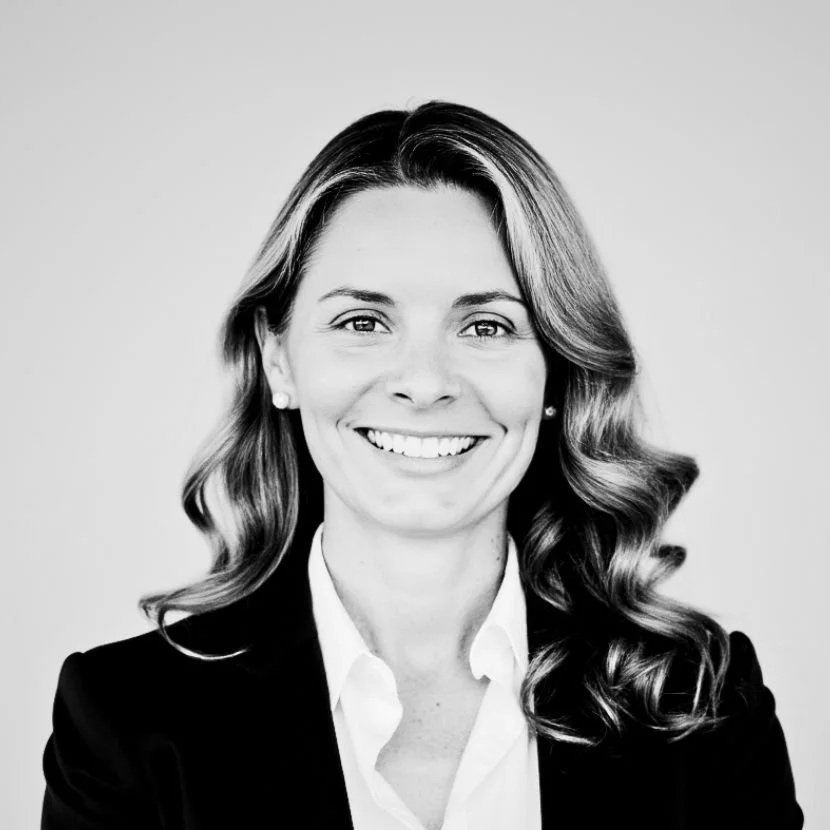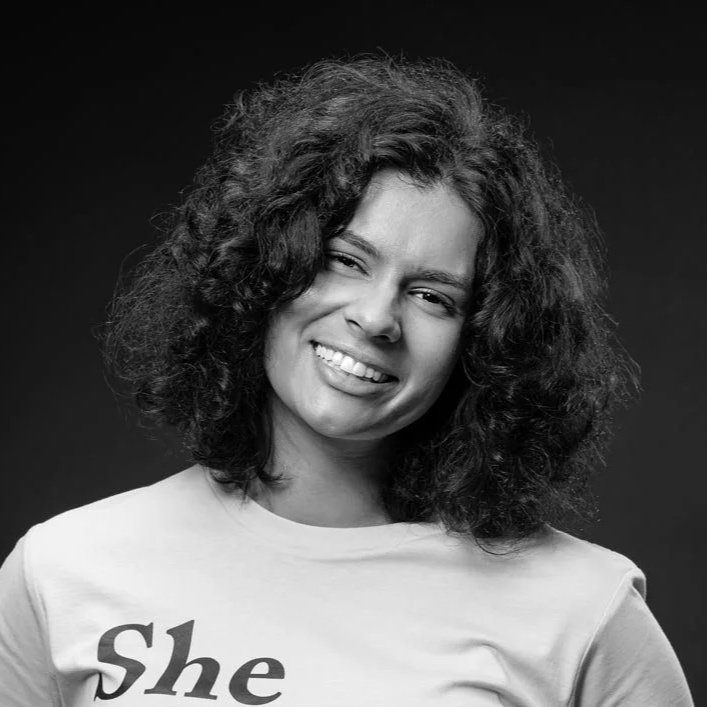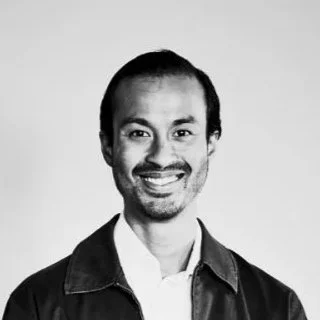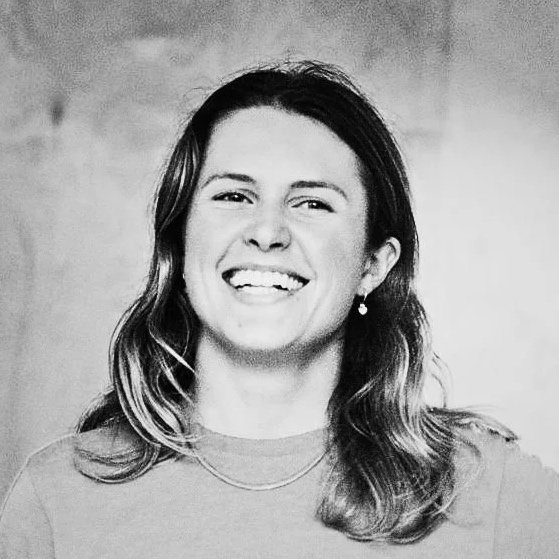Founder Burnout, Gender Equality, Indigenous Know-How & Degrowth: Key Lessons From SEWF 2019
The Social Enterprise World Forum held in Ethiopia in October 2019 was a station of hope and a deep learning arena that gathered more than 1200 participants from 67 different nationalities.
It’s difficult to summarise the real flavour of that experience in an article, but I will share some key reflections. These range from the mental well-being of social entrepreneurs, to the need to fit a coherent post-growth society that would allow us to work and achieve a more socially just and ecologically sustainable economy.
Sabrina Chakori of Brisbane Tool LIbrary shares her key insights and reflections from the 2019 Social Enterprise World Forum in Addis Ababa, Ethiopia.
Social entrepreneurs: our work, our mental and physical well-being are equally important.
Social entrepreneurs work hard, and often for free. We tend to think that the problem that we are trying to solve is more important than any monetary transaction. Not only do we work passionately for long hours (weekends included), but when opportunities arise, we tend to not value our work.
During the Youth Week, which preceded the SEWF 2019 event, Lauren Sears of Common Good Solutions discussed the challenges faced by social entrepreneurs, explaining how there is a tendency to suffer from constant fatigue that, in the long term, can lead to burnout. This is an important topic and more social entrepreneurs shared their feelings about this in an article that interviewed some other young SEWF changemakers on Reuters.
Taking care of our mental and physical well-being should be the priority, but it’s not enough.
To give a solid, healthy, framework to the social enterprise sector, we need to value our work more, as highlighted by the experienced social entrepreneur Mike Curtin of DC Central Kitchen. He spoke about the importance of putting the right price to our goods and services, in order to be able to be economically sustainable and deliver quality services.
Women and gender equality
The need to empower women was a largely discussed topic in several sessions. From child marriage to the gender gap in the music sector, issues around gender inequality remain, unfortunately, widespread across countries.
In Malawi, Ellen Chilemba founded Tiwale, which means “let us shine/glow,” in Chichewa. Through micro-finance loans and training, this social enterprise helps women start their own business to gain (financial) independence. Ellen also explained her involvement in building up a music scene more inclusive of women. Malawi is not the only country in which women are at high risk of living in extreme poverty. In Kenya, 50% of Women live below the poverty line, earning less than $3/day. Through Buildher, James Mitchel and team, upskill Kenyan women in the construction sector, supporting them with introductory training up until finding industry placements. More specifically, this social enterprise equips disadvantaged young women with accredited construction skills in order to lead them towards a prosperous future. James also emphasised that empowering women is not enough and that their work also focuses on changing male attitudes and promoting gender equality.
Every Queens Bleeds; with slogans such as this one and with an interesting and provoking conversation, Sara Eklund from Noble Cup, shared some insights about all the menstrual taboo that still exists in Ethiopian society (and others). Noble Cup reports that 55% of girls are absent from school during their last menstrual cycle. The lack of access to menstrual supplies, lack of hygienic facilities in schools and many others factors push young women to miss classes. Beyond explaining how Noble Cup offers a healthy, safe and affordable solution for women, Sara insisted on the importance to talk about menstruation to overcome the taboo, being able to educate women from a young age.
Indigenous knowledge
One of my favourite sessions was the Indigenous panel discussion. The invited speakers were Zumra Nuru Muhamed and Ayalsew Zumra from the Arwa Amba Community, Kwami Williams from Moringa Connect and Pam Armstrong from Stay Native NZ. The session was chaired by Indigenous Canadian Joseph Huyer from Common Good Solutions. The speakers shared insights about how their communities are organised and live. For example the Arwa Amba Community works as a cooperative in which each person contributes to the decision making process.
Social innovation needs to be based on new business models and new governance structures and sometimes a “new” economy is nothing else but a good “old” economy that Indigenous populations around the world kept practicing. We have so much to learn from Indigenous communities.
Most importantly, we have to re-learn how to live within a regenerative economy. The know-how of these Indigenous communities, from the Amazon forests to Aboriginal people in Australia, is a treasure that we need to recognise and value.
With the goal to strengthen their culture, while improving the economic opportunities of Indigenous people, the social enterprise Stay Native in New Zealand allows tourists to have an immersive experience within the Maori community. Stay Native is a good example of a social enterprise that has been able to blend tourism with Indigenous culture.
Social enterprises: the need to fit a Post-growth society
As speaker at the “Future of Business and Planet” plenary, I was honoured to share my vision about the need for a post-growth society. The panel discussion aimed to have a larger conversation about how social enterprises should work for a sustainable future and my contribution stressed the importance of building a new economy in which rich countries should start planning for economic degrowth. Economic degrowth could be summarised as a voluntary and equitable downscaling of the economy towards a sustainable, just, and participatory steady-state society. We need to plan to reduce our energy and resource demands and build an economy that is socially and ecological viable beyond consumerism and productivism. Several publications by Dr Samuel Alexander from the University of Melbourne help us reimagine society’s dynamics.
I’m convinced that social enterprises, beyond their own mission statements, should fit and work together towards a shared vision for a new economic framework.
Harish Hande, from Selco Foundation, spoke about the importance of collaborating, adding that criticising stakeholders, such as big corporations or governments, that usually are absent from these types of events, won’t lead us anywhere. Instead, he said, in order to avoid playing the business-as-usual game, we need to collaborate rather than compete, for example for funding.
Several other SEWF sessions mentioned the need to change the economic system. Lord Victor Adebowale CBE, from Turning Point & Social Enterprise UK, suggested that social enterprises could fit “soft capitalism,” yet Sara Eklund, from Noble Cup, disagreed, at least with the politically correct term of calling the change “soft capitalism.”
Dancing: a universal language
As it often happens in these types of conferences, the real value is created during the informal events.
During the morning breaks, lunches and dinners, participants were able to connect and meet each other. Almost all dinners ended up with a large number of social entrepreneurs dancing together. People from Australia, UK, France, Ethiopia, Sudan, Uganda, South Africa, Colombia, USA, Canada, Korea, Taiwan and from many other countries shared the tunes, making of the dance floor the closest moment to utopia.
About Sabrina Chakori
After a BSc in Biology and a MSc in Environmental Economics, Sabrina started a PhD, researching zero-packaging food systems. In 2017, she founded Brisbane Tool Library, a social enterprise based on economic degrowth that aims to reduce household consumption. This “library of things” is based at the State Library of Queensland. Sabrina works for a more sustainable society in different countries, including Kenya, Mexico, Ecuador, Australia and across Europe. Her experience includes working in international arenas, such as for United Nations, as well as with Indigenous communities in remote regions. In Queensland, she collaborated with Environment Minister Dr Steven Mile to introduce the law to ban single-use plastic bags. Founder, TEDx speaker, author and researcher, Sabrina is invested in creating systemic change that will build a new social just and ecological sustainable economy.








